
Drug Rehab Services in Port St. Lucie, FL
Drug Rehab
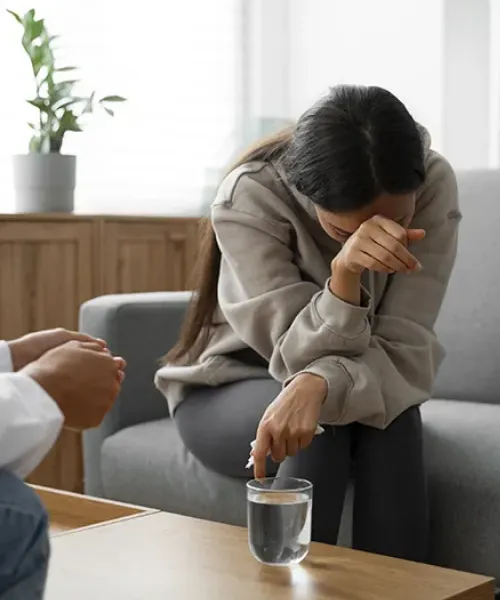
Why is Drug Addiction on the Rise?
The rise in drug addiction is a multifaceted issue with contributing factors such as economic instability, increasing mental health challenges, changes in drug policies, and the opioid crisis. Statistics indicate a substantial increase in drug overdoses and addiction rates in recent years, particularly in the context of the COVID-19 pandemic.
The Centers for Disease Control and Prevention (CDC) reported that in the 12-month period ending in May 2020, the U.S. had over 81,000 drug overdose deaths—the highest number ever recorded in a 12-month period.
“The disruption to daily life due to the COVID-19 pandemic has hit those with substance use disorder hard. As we continue the fight to end this pandemic, it’s important to not lose sight of different groups being affected in other ways. We need to take care of people suffering from unintended consequences.”
-Robert Redfield, M.D., CDC Director
Other factors contributing to this crisis include:
- Economic Instability – Financial strain, lack of employment, and increased poverty levels can push people towards substance abuse as a coping mechanism.
- Mental Health – There has been an increase in the prevalence of mental health disorders, often connected with substance abuse.
- Changes in Drug Policies – The legalization of certain drugs in some regions can inadvertently increase accessibility and abuse.
- Opioid Crisis – The over-prescription of opioids has led to a surge in addiction rates and overdose deaths.
- Social Factors – The normalization of drug use in popular media and peer pressure can also contribute to increased rates of addiction.
What is Dual Diagnosis?
When a person with a substance abuse problem also has a mental health disorder, this is referred to as co-occurring condition, or a dual diagnosis. Many patients struggling with addiction also have mental health issues, such as depression, anxiety or bipolar disorder. This makes diagnosis and treatment more complex and challenging, due to the intertwined nature of the two conditions.
Dual Diagnosis Complications in Diagnosis
- Interlinked Symptoms – One disorder can often magnify the other. For instance, substances such as drugs or alcohol may be used as a form of self-medication for a mental health condition, leading to addiction.
- Vice Versa – Substance abuse can also worsen mental health, leading to a cycle that is difficult to break.
- Diagnosis Difficulties – The overlapping symptoms of both conditions can make diagnosis challenging.
Dual Diagnosis Treatment Approaches
- Integrated Care – Treating both conditions simultaneously is generally the most effective approach. This typically involves a multidisciplinary team of healthcare providers, including psychiatrists, psychologists, and addiction counselors.
- Individualized Treatment Plans – Given the complexity of dual diagnosis, treatment plans are often tailored to the individual’s unique set of symptoms and challenges.
What Happens at Drug Rehab?
Drug rehab involves one-on-one therapy as well as small group sessions with a qualified addiction counselor. They will delve into your background and uncover the real reason your addiction took root. The focus is on healing past trauma, providing treatment for underlying mental conditions, and developing resiliency and healthier cognition, so that you can establish recovery and grow stronger in it. You will also visit a medical professional regularly to ensure health and safety.
At Foundations, you can also choose to participate in fun outings such as softball, cornhole tournaments, beach volleyball and more. Every Wednesday night, you can take part in our alumni meetings where one of our graduates shares their inspirational story and you can meet Foundations alumni. Dinner is provided. You will also become a member of our private social media group for extended support. Your new life is waiting for you at Foundations.
How Does Foundations Compare to Other Drug Rehabs?
You are not just a number or an insurance policy at Foundations. We retain a small, intimate feel so that we can focus on each individual client. Every day, our staff is there to assist you in growing stronger in your recovery – giving encouragement when needed and correcting your course if you get off-track.
At Foundations, we care about our clients. Every one of them becomes a part of our Foundations family the moment they enter our doors. And the support doesn’t stop when you graduate the program, either. Our thriving alumni program is there for you, for life.
What Can be Expected on the First Day of Rehab?
You will be welcomed by our friendly admissions staff on your first day of drug rehab. They will sit down with you to do an intake interview, the answers to which will guide the formation of your individualized treatment plan. You will also be medically evaluated to ensure you stay safe and healthy during your treatment with us. Whatever you may need that you don’t have, Foundations will help you to obtain.
Depending on the timing of your admission, you may even be able to participate in an individual or group session. If you are staying in a nearby sober living facility, you will be shown your room, introduced to the guests at the house, and settle in there as well. If you are staying at home, you’ll be released to it at the end of the day.
How Long Does Rehab Last?
Our facility offers 28 to 30-day short-term rehab programs, allowing you to choose between Partial Hospitalization (PHP) and Intensive Outpatient (IOP) treatment options. We also provide more than just a 30-day rehab experience for those who need it. Our long-term treatment includes additional phases to help maintain long-term sobriety. Outpatient treatment, whether intensive or standard, can continue for an additional 30 to 90 days, which means the total duration of treatment can be up to 120 days or more.
Once treatment is complete, clients are invited to join our free, long-term alumni support program, which offers access to a private Facebook group, a 24-hour helpline, social events, weekly meetings and more.
What Do you Learn in Rehab?
Drug rehab is a journey of healing and strengthening. You will move through the following phases, each step building on the last.
Early Recovery Phase (First 28 to 30 days)
In the early recovery phase of rehab, patients undergo a multi-faceted educational and treatment process designed to lay the groundwork for lasting sobriety. This stage involves medically supervised detoxification to safely remove addictive substances and manage withdrawal symptoms. Concurrently, stabilization efforts address immediate medical and psychiatric needs. Patients also begin participating in counseling sessions to deepen their understanding of addiction and learn skills for resisting future cravings. This early stage is pivotal for empowering individuals to regain control over their lives by equipping them with the essential knowledge and coping mechanisms.
Middle Recovery Phase (1 to 6 months)
In the middle recovery phase of rehab, patients delve into a deeper understanding of the root causes behind their addiction. This stage focuses on identifying triggers, exploring personal and family histories, and addressing co-occurring mental health issues. Building upon the foundational work from the early recovery phase, patients collaborate with therapists to develop more sophisticated and healthier coping strategies. These strategies may range from practicing mindfulness and physical activity to seeking peer support. This phase is critical for equipping individuals with the skills and insights they need to manage stressors effectively and sustain long-term recovery.
Late Recovery Phase (6 months and beyond)
In the late recovery phase of rehab, the emphasis shifts towards preparing patients for long- term sobriety and life post-treatment. Individuals learn critical skills for relapse prevention and build essential life competencies. Key areas of focus include mastering effective communication techniques, financial management, enhancing relationships with loved ones, and cultivating robust support networks. This stage aims to equip individuals with the holistic skills necessary for maintaining a balanced life and sustaining their recovery in the long run.
Aftercare (Ongoing Recovery Support)
In the post-rehab phase, Foundations Wellness Center extends its support through a comprehensive aftercare program, emphasizing that the journey to sustained recovery continues well beyond the initial treatment. Patients learn the importance of staying connected to a supportive community through various channels. The center facilitates this by organizing weekly alumni meetings, special events that demonstrate the joy of a sober lifestyle, and a private Facebook group exclusive to alumni for sharing resources and encouragement. Additional personalized support is available around the clock via a 24-hour helpline. Alumni staff play a critical role in this stage, actively planning sober events and maintaining regular contact with clients through email, text, or phone to monitor their progress and provide guidance. This aftercare stage equips individuals with the social support and tools they need to successfully navigate early recovery and maintain long-term sobriety.
Can my Family be Involved in my Treatment?
Drug addiction affects the entire family. That’s why Foundations Wellness encourages family involvement in its drug rehab programs.
Is Port. St. Lucie a Good Place to be a Recovering Addict?
Absolutely, Port St. Lucie is an excellent place to recover from drug addiction. As a quiet residential area not known for its nightlife, Port St. Lucie is a place where many come to get clean. A substantial percentage of these people wind up making Port St. Lucie their home for those same reasons. Because of this, there is an abundance of recovering addict friendly businesses. You will also find many recovering addicts actively participating in Narcotics Anonymous meetings. In fact, there are several NA meetings in the area every day, including virtual options.
Foundations Wellness Center
Whole-Person Treatment
With dual diagnosis therapies, yoga, chiropractic & more
Comprehensive Care
Addressing each phase of the recovery journey
Strong Alumni Support
Providing a lifetime of support.
Benefits of Drug Rehab at Foundations
Our Happy Clients
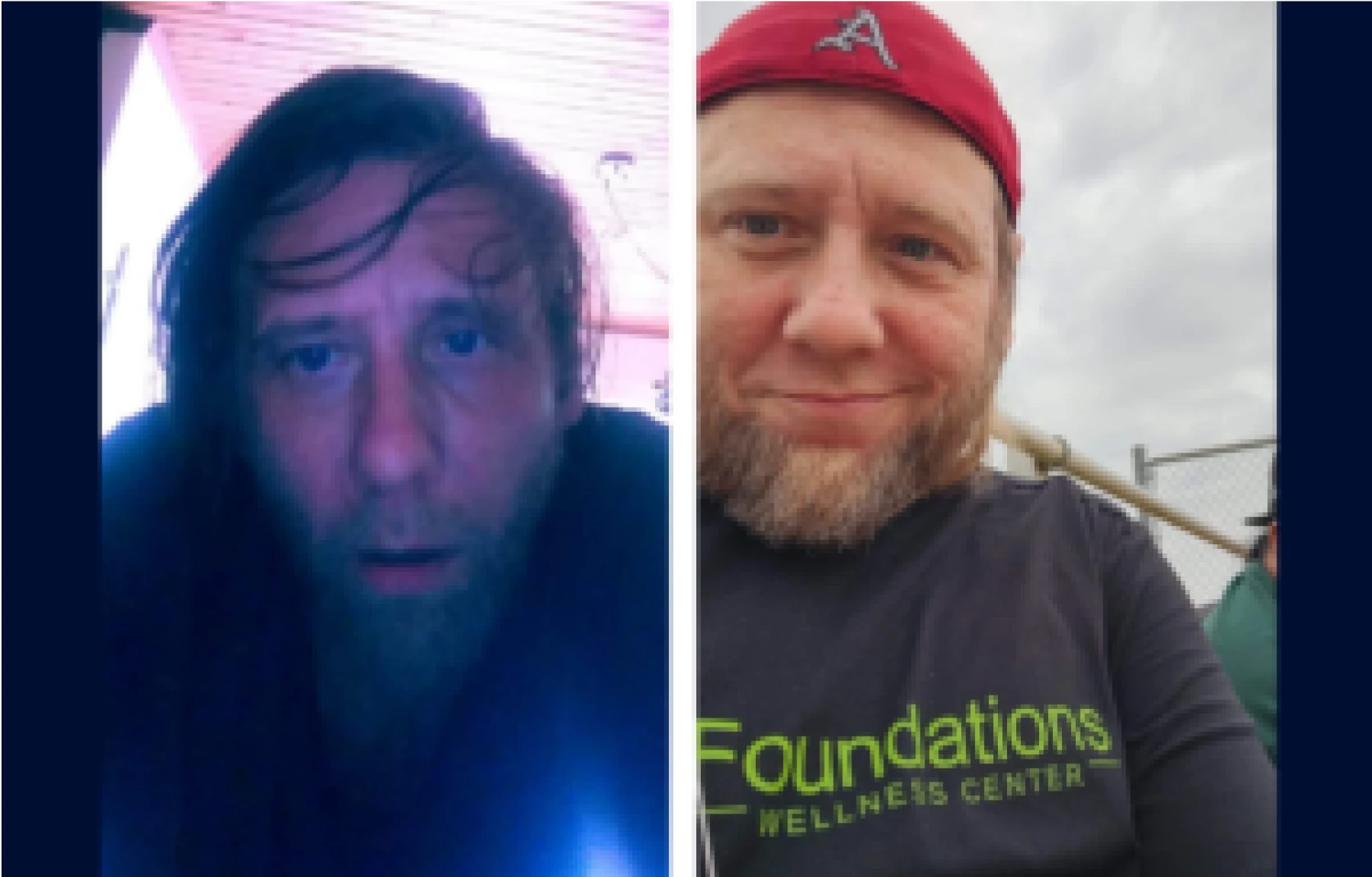
“So instead of my story starting at birth (which is a horrendous story in itself!), I’m going to start where my addiction really started, which was 2006 while I was working as a nurse. I had very recently gotten a divorce and had untreated mental health issues. I began using meth to self-medicate because I felt so down…
Articles
-
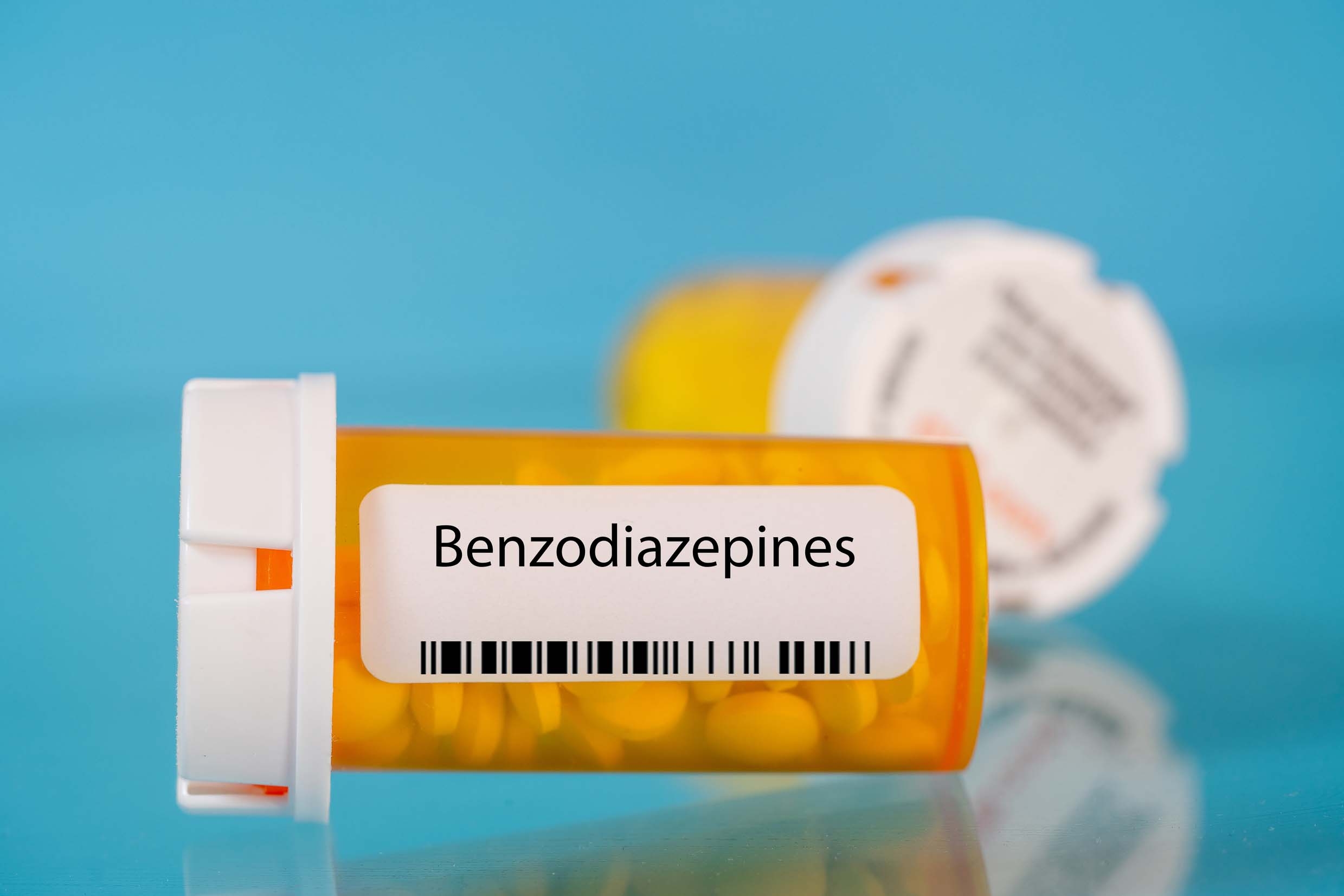
Risks of Benzodiazepine Use: What to Know
Benzodiazepines, sometimes called “benzos,” are prescription medications that depress the..
-
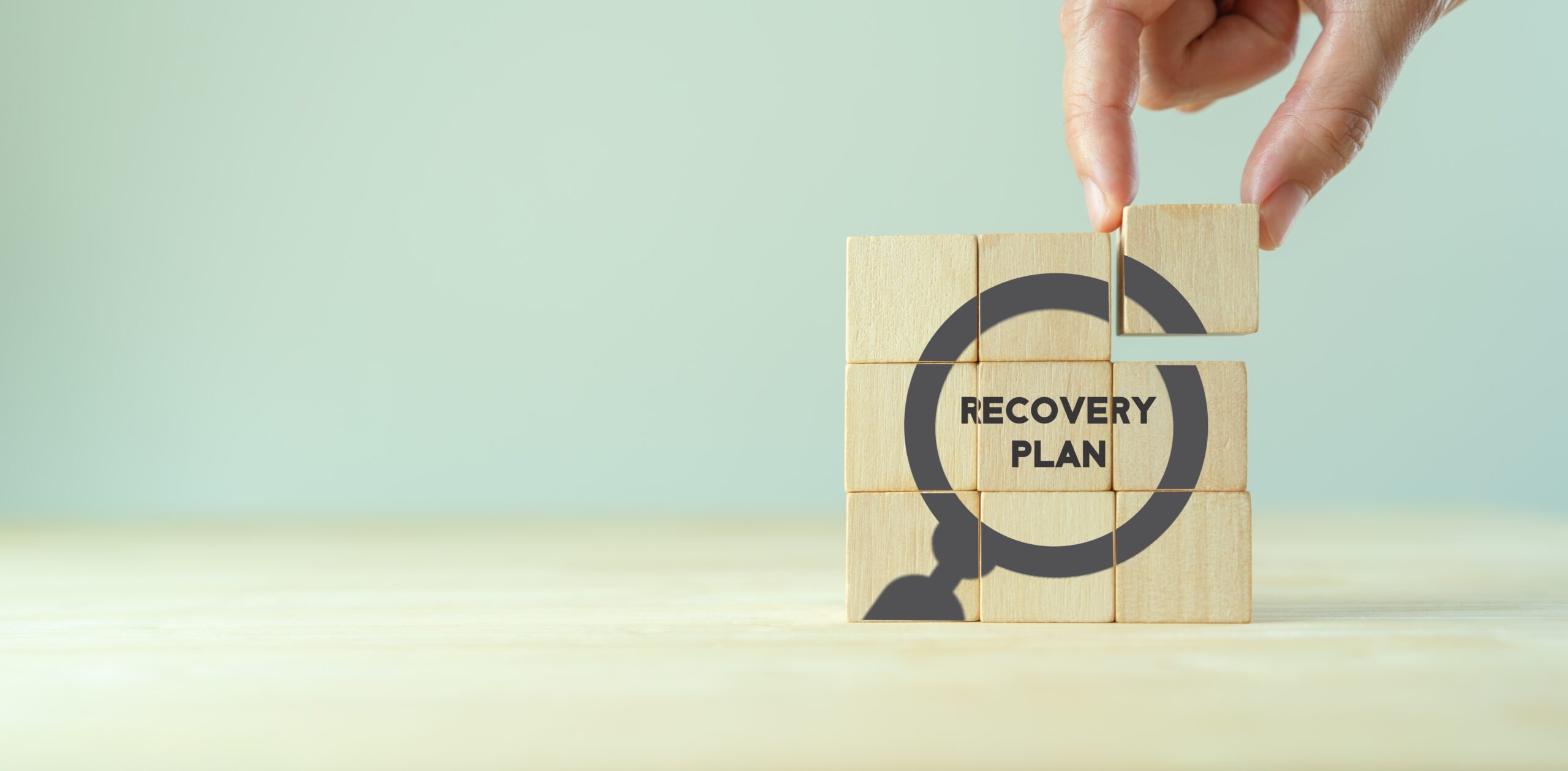
Medication Assisted Treatment
Addiction is a chronic brain disease characterized by an intense..
-

What Are Adult Children of Alcoholics (ACOAs)?
Adult Children of Alcoholics, or ACOAs for short, are people..
Accreditations
& Certifications
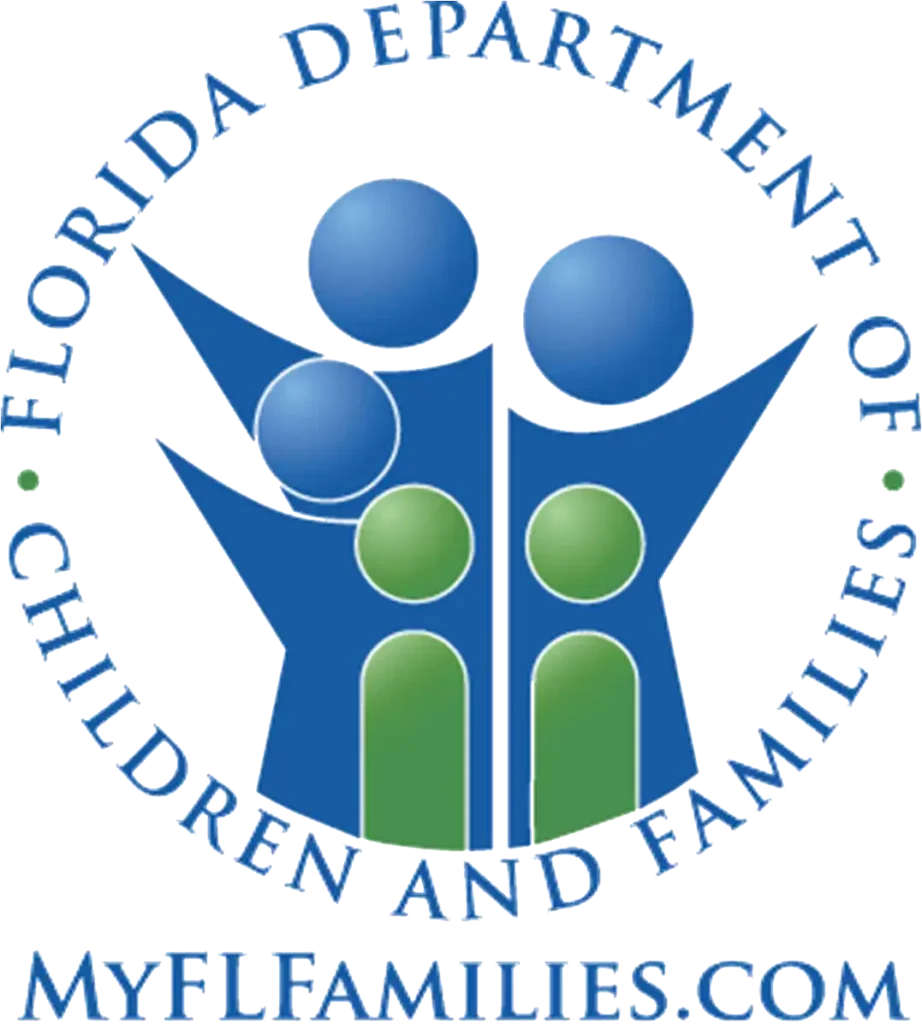
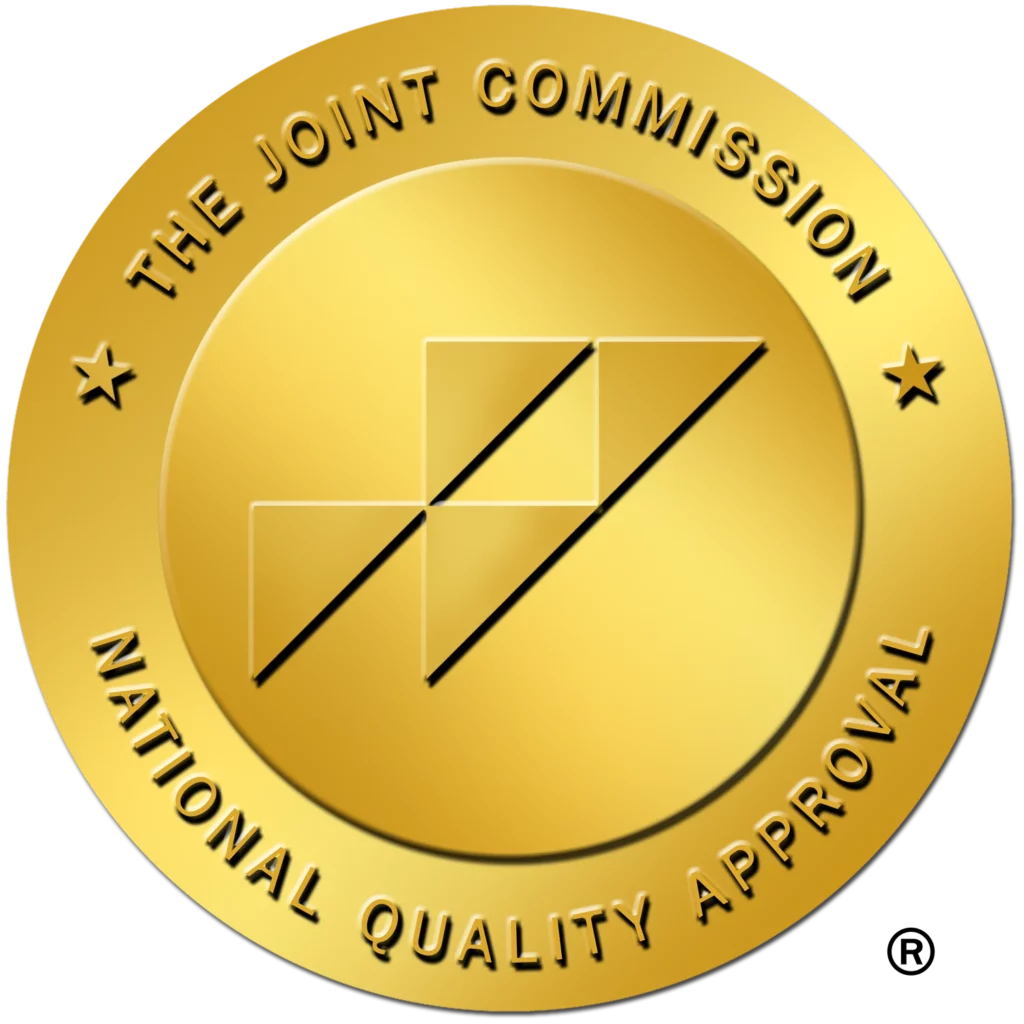
We Accept Most Major Insurances and Private Pay Options are Available.
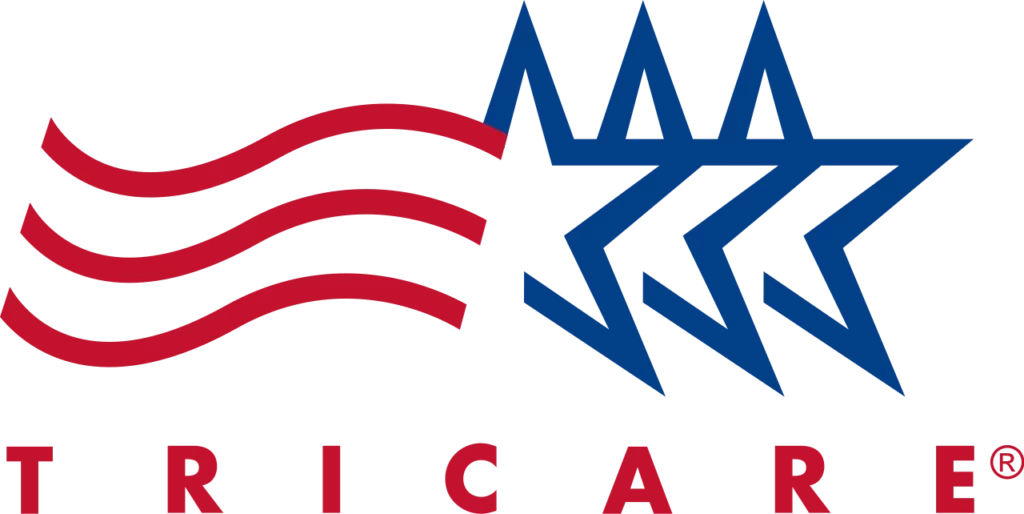
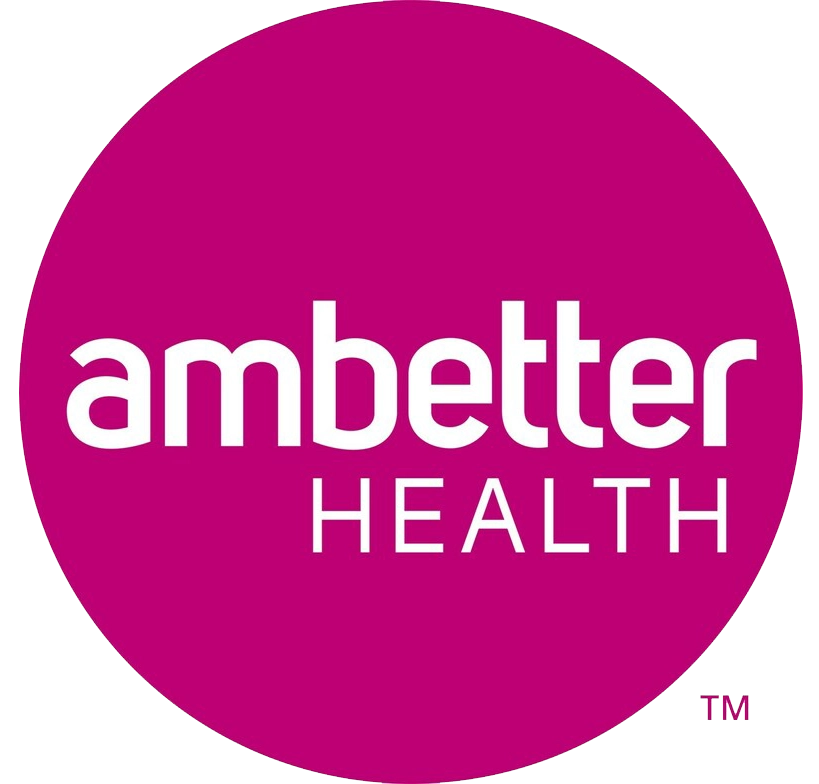

If you do not see your insurance carrier below, please contact us to verify yourbenefits with an admissions specialist.
